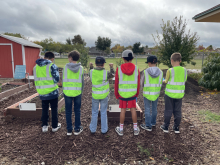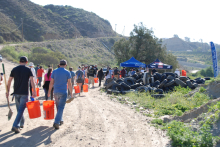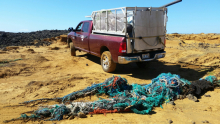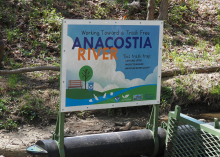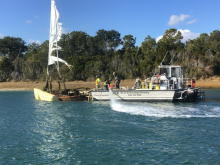Posts tagged with
prevention
Special Funding Opportunity: Fiscal Year 2025 Ocean Odyssey Marine Debris Prevention Awards for Diversity, Equity, Inclusion, Justice, and Accessibility
madison.piascik
Fri, 09/27/2024 - 14:22
The Marine Debris Leadership Academy: Spanning Boundaries to Tackle Marine Debris in the Tijuana River Watershed
emily.greene
Thu, 02/08/2024 - 20:58
A Great State With Great Efforts: Addressing Marine Debris Throughout California
Shanelle.Naone
Wed, 03/01/2023 - 11:00
Capturing Debris and Inspiring Action Along the Anacostia River
neil.mccoy
Thu, 12/08/2022 - 11:00

